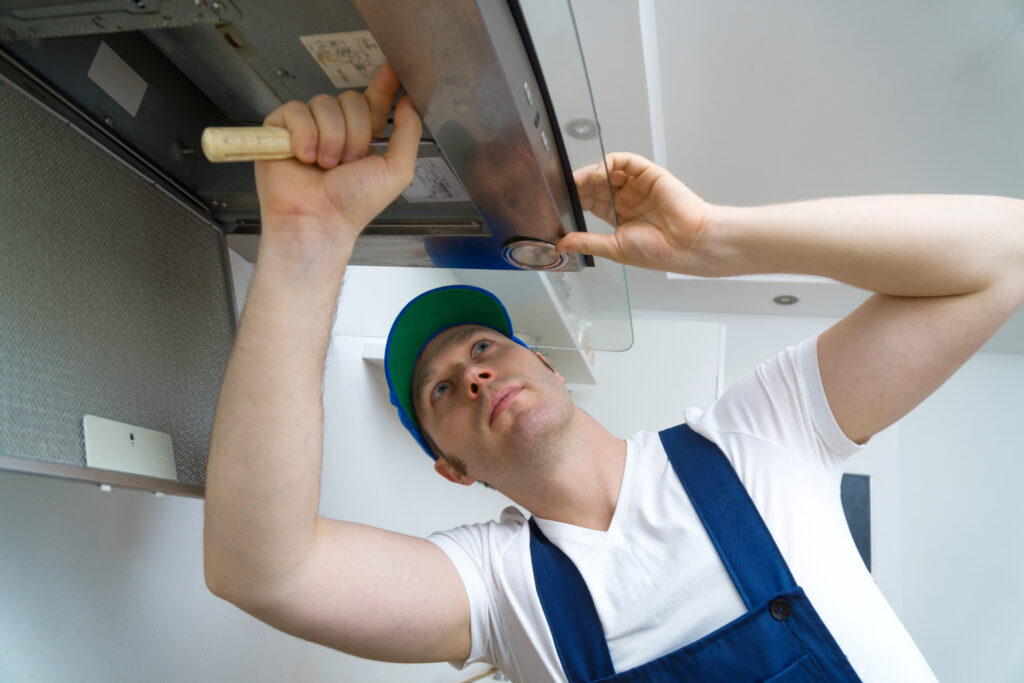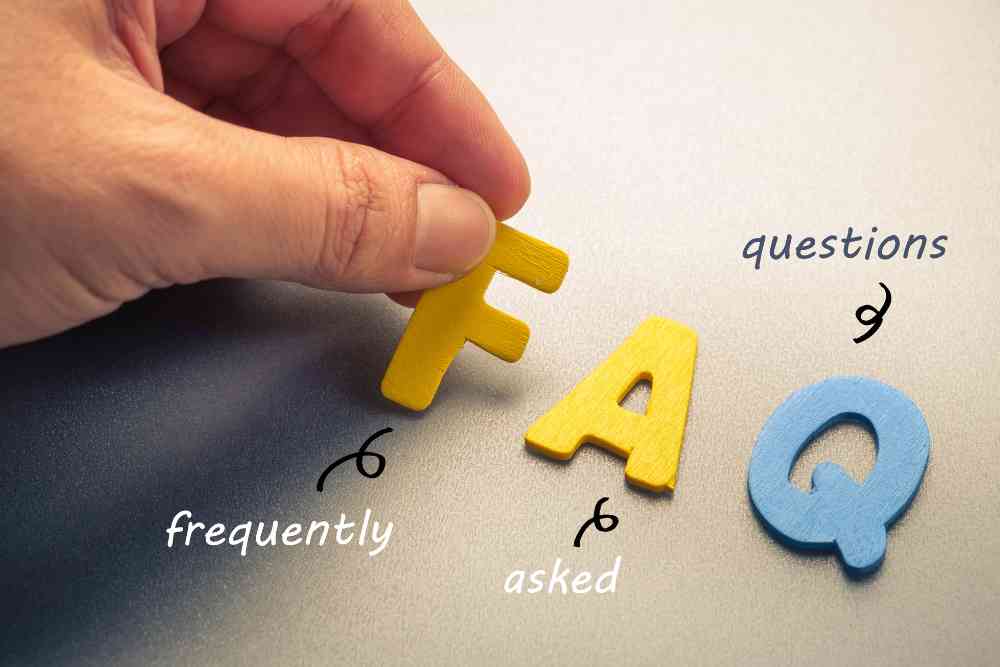Table of Contents
- Hood Cleaning Solutions for Minimizing Grease Fire Risk
- The Importance of Hood Cleaning
- Effective Solutions for Minimizing Grease Fire Risk
- The Benefits of Professional Hood Cleaning Services
- Frequently Asked Questions
- 1. How often should a commercial kitchen hood be cleaned?
- 2. Can I clean the kitchen hood myself?
- 3. What are the consequences of neglecting hood cleaning?
- 4. How does steam cleaning help in minimizing grease fire risk?
- 5. What should I look for in a professional hood cleaning service?
- Summary
Hood Cleaning Solutions for Minimizing Grease Fire Risk

Grease fires are a serious risk in commercial kitchens, and hood cleaning plays a crucial role in minimizing this risk. A properly cleaned and maintained kitchen hood system can prevent the buildup of grease, which is the main fuel for fires. In this article, we will explore the importance of hood cleaning, effective solutions for minimizing grease fire risk, and the benefits of professional hood cleaning services.
The Importance of Hood Cleaning
Commercial kitchen hoods are designed to remove smoke, heat, and grease-laden vapors from the cooking area. However, over time, grease accumulates in the hood, exhaust fan, and ductwork. This buildup poses a significant fire hazard, as grease is highly flammable and can ignite easily.
Regular hood cleaning is essential to remove the grease buildup and prevent potential fires. It not only ensures the safety of the kitchen staff and customers but also helps maintain compliance with fire safety regulations. Neglecting hood cleaning can lead to devastating consequences, including property damage, injuries, and even loss of life.
Effective Solutions for Minimizing Grease Fire Risk
1. Regular Cleaning Schedule:
Establishing a regular cleaning schedule is the first step in minimizing grease fire risk. The frequency of cleaning depends on the volume of cooking and the type of food being prepared. High-volume kitchens may require monthly or even weekly cleanings, while low-volume kitchens may need cleaning every three to six months.
2. Thorough Cleaning Process:
A thorough hood cleaning process involves cleaning not only the visible parts of the hood but also the exhaust fan and ductwork. Grease can accumulate in these hidden areas, increasing the fire risk. Professional hood cleaning services use specialized equipment and techniques to ensure a comprehensive cleaning process.
3. Use of Degreasers:
Degreasers are powerful cleaning agents that break down and remove grease effectively. When choosing a degreaser, it is important to select one that is specifically designed for kitchen hood cleaning. These degreasers are formulated to cut through the tough grease buildup without damaging the hood or other components.
4. Steam Cleaning:
Steam cleaning is another effective solution for minimizing grease fire risk. It uses high-temperature steam to dissolve and remove grease from the hood, exhaust fan, and ductwork. Steam cleaning not only removes the visible grease but also sanitizes the surfaces, reducing the risk of bacterial growth.
5. Inspection and Maintenance:
In addition to regular cleaning, regular inspection and maintenance of the hood system are crucial. This includes checking for any damaged or worn-out components, ensuring proper airflow, and verifying that the fire suppression system is in working order. Any issues should be addressed promptly to maintain the effectiveness of the hood system.
The Benefits of Professional Hood Cleaning Services
While regular cleaning is essential, hiring professional hood cleaning services offers several benefits:
- Expertise and Experience: Professional hood cleaners have the knowledge and experience to thoroughly clean and maintain the hood system. They are familiar with the latest industry standards and regulations, ensuring compliance and safety.
- Specialized Equipment: Professional cleaners use specialized equipment, such as pressure washers and steam cleaners, to achieve a deep and thorough cleaning. These tools are not typically available to regular kitchen staff.
- Time and Cost Savings: Outsourcing hood cleaning to professionals saves time and allows kitchen staff to focus on their core responsibilities. It also eliminates the need to invest in expensive cleaning equipment and supplies.
- Comprehensive Cleaning: Professional hood cleaning services provide a comprehensive cleaning process that covers all the critical areas, including the hood, exhaust fan, and ductwork. This ensures maximum fire safety and reduces the risk of grease buildup.
- Documentation and Compliance: Professional cleaners provide documentation of the cleaning process, which can be crucial for insurance purposes and compliance with fire safety regulations. This documentation serves as proof of regular maintenance and can help in case of any insurance claims.
For professional kitchen exhaust hood cleaning services in Ontario, visit Ontario Hood Cleaning.
Frequently Asked Questions

1. How often should a commercial kitchen hood be cleaned?
A commercial kitchen hood should be cleaned regularly, with the frequency depending on the volume of cooking and the type of food being prepared. High-volume kitchens may require monthly or weekly cleanings, while low-volume kitchens may need cleaning every three to six months.
2. Can I clean the kitchen hood myself?
While it is possible to clean the kitchen hood yourself, it is highly recommended to hire professional hood cleaning services. Professionals have the expertise, experience, and specialized equipment to ensure a thorough and effective cleaning process.
3. What are the consequences of neglecting hood cleaning?
Neglecting hood cleaning can lead to a significant fire hazard. Grease buildup in the hood, exhaust fan, and ductwork increases the risk of a grease fire, which can cause property damage, injuries, and even loss of life. It can also result in non-compliance with fire safety regulations, leading to penalties and legal consequences.
4. How does steam cleaning help in minimizing grease fire risk?
Steam cleaning uses high-temperature steam to dissolve and remove grease from the hood, exhaust fan, and ductwork. It not only removes the visible grease but also sanitizes the surfaces, reducing the risk of bacterial growth. Steam cleaning is an effective solution for minimizing grease fire risk.
5. What should I look for in a professional hood cleaning service?
When choosing a professional hood cleaning service, look for a company that has expertise and experience in hood cleaning. Ensure that they use specialized equipment and follow industry standards and regulations. It is also important to check for proper licensing and insurance coverage.
Summary
Hood cleaning is crucial for minimizing grease fire risk in commercial kitchens. Regular cleaning, thorough cleaning processes, the use of degreasers and steam cleaning, and inspection and maintenance are effective solutions for preventing grease buildup. Hiring professional hood cleaning services offers several benefits, including expertise, specialized equipment, time and cost savings, comprehensive cleaning, and documentation for compliance. By implementing these solutions and ensuring regular hood cleaning, commercial kitchens can significantly reduce the risk of grease fires and ensure the safety of their staff and customers.
- hood cleaning
- Hood Cleaning Solutions for Minimizing Grease Fire Risk
- kitchen exhaust cleaning
- restaurant hood cleaning






